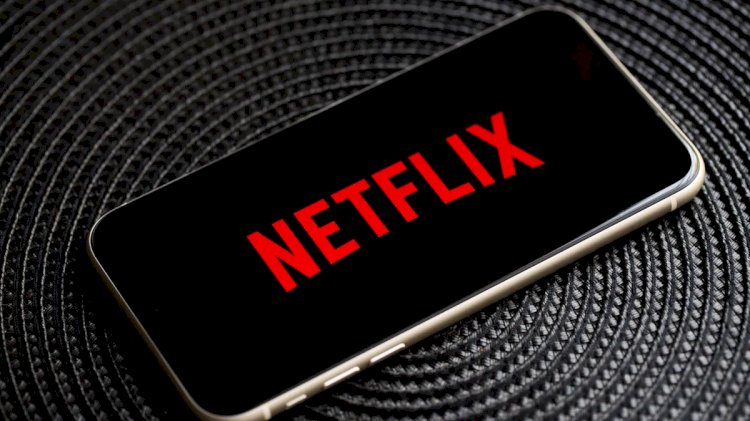Learning from Netflix: Tips for Entrepreneurs from Marc Randolph's Book

Marc Randolph, the co-founder of Netflix, states that he never believed in business plans and considered them a waste of time. Once you have your first customer, your company strategy, in his opinion, falls apart. In some ways, he's correct. Real business isn't like the stuff you read about in fancy documents and books.
The most difficult challenge for a prospective entrepreneur is that in order to make a lot of money, you must first invest a lot of money. But how can you obtain them if you don't have a list of finished projects? Or, at the very least, without a credible financial model that early investors can rely on?
Yes, the ideas has to be tried out in reality and its practicality established. Business plans and financial models, however, are the cornerstone for interacting with investors if you wish to develop a large-scale business rather than just a little trial.
Study the market that requires your product or service in order to maintain your company strategies on track. More depth is excellent. Engage community members, spend some time in the target market, and seek local consultations on regulatory legislation and cultural subtleties. The sandcastle of a startup business might be washed away by a tsunami of these intricacies that you won't be prepared for.
Although studying the customer won't prevent all blunders, it will undoubtedly cut down on their frequency.
When Randolph first visited an Amazon office in the late 1990s, he recalls it as having soiled flooring, filthy barriers separating workspaces, a large number of workers crammed into a tiny space, and dogs wandering the hallways. A table constructed out of an old door served as the negotiation table between Netflix and Amazon. Amazon went public just before the meeting, making Bezos' net worth $54 million (according to the book).
Randolph makes a reference to Bezos' seemingly insatiable avarice while also speculating as to why individuals would accept to work with him for long hours and very little pay. A peculiar genius, Bezos. He sparked adoration in others thanks to his outstanding intelligence, "nerdiness," and innocent
If the working environment is anything like the Amazon workplace in 1997, the market will not respect your philosophy in today's time. Professionals are unlikely to agree to put in extra time without being fairly compensated. Working with individuals who do not share your beliefs and objectives, on the other hand, is not likely to yield excellent outcomes.
The final passage discusses the value of communication.
Marc Randolph tells about his time at the National Outdoor Leadership School, when he and other participants were brought to a different city while wearing blindfolds and without watches, wallets, extra clothing, or other accessories. Three days of the exam were required, during which you had to take care of your own food, accommodation, and other comforts. The co-founder of Netflix learned how to request money at that point. According to Randolph, it is OK to approach an investor for $25,000 after asking for a few pennies for food in the middle of the street.
Finding the initial investment teaches us how to set priorities: Do you wish to begin a venture or stay comfortable?
Like many entrepreneurs, you should start by searching among FFFs for money. Family fundraisers take time and don't always succeed. It only succeeded the tenth time. However, you had to make up for the 10x less of what you wanted by working 20x as hard.
The two points below capture the core of the circumstances for entrepreneurs:
It is hard to accomplish anything significant without first placing your goal at the forefront, at least for a while, therefore if you believe in it, fight for it.
Although being an entrepreneur allows you a lot of freedom, it also comes with a lot of responsibility, so you must be prepared for it.
Reading Randolph's biography will make you consider how successful entrepreneurs always put themselves through tests of strength, accept rejection in many forms, and learn from their failures. And some of them eventually succeed in achieving their stated aims.

 Lalita Singh
Lalita Singh 






















